AARP Hearing Center

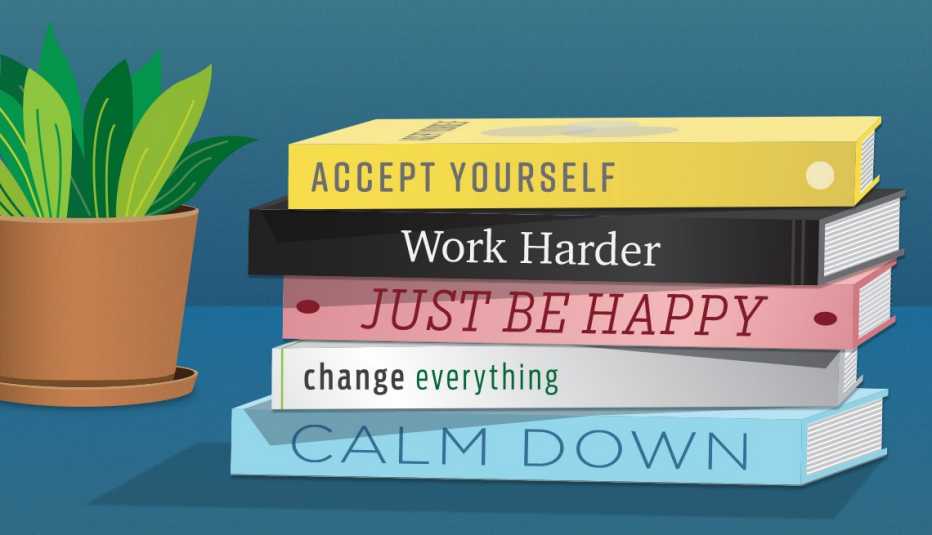
There's no time like today for self-improvement, especially with the arrival of so many new books that are meant to help us be better, in all kinds of ways. Here are six good ones, each with a different focus.
Tiny Habits: The Small Changes That Change Everything
BJ Fogg
If you want to get into the habit of flossing your teeth, start with one tooth. You'll be so pleased with yourself, you'll want to do it again tomorrow. Fogg, director of the Behavior Design Lab at Stanford University, argues that if you begin with itty-bitty shifts in behavior, those little successes feed confidence and fuel motivation for greater change — allowing you to “tackle any behavior-change challenge in your life. Which means there is no feeling stuck. Which means you can be the person you want to be.” His premise is simple and low risk, and sure beats relying on willpower.

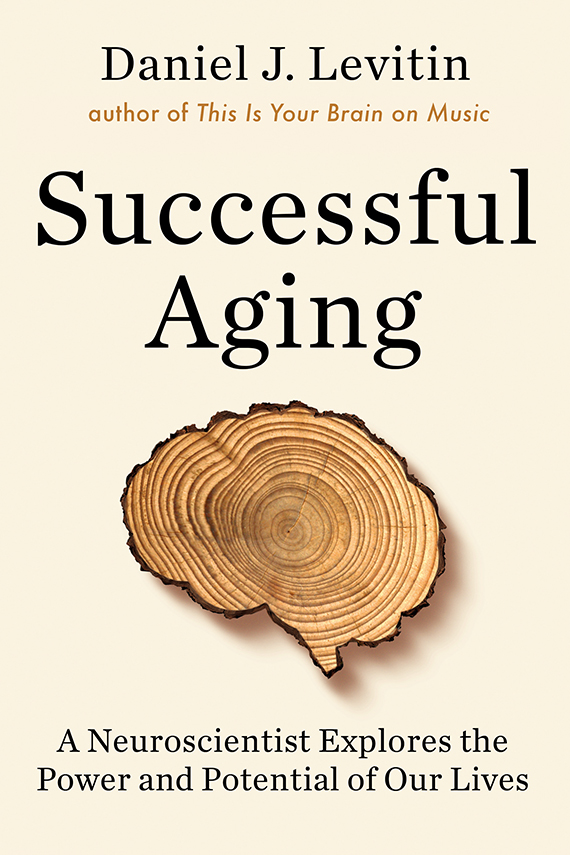
Successful Aging: A Neuroscientist Explores the Power and Potential of Our Lives
Daniel J. Levitin
If you've ever wondered how time's passage affects your brain, this fact-packed book dives into the subject with gusto, exploring why, as Levitin puts it, “some people seem to age better than others.” Levitin, the author of the bestsellers This Is Your Brain on Music and The Organized Mind, explains the science behind age-related memory loss, pain, sleeping problems and more, and how we can use that knowledge to live better in our later years.

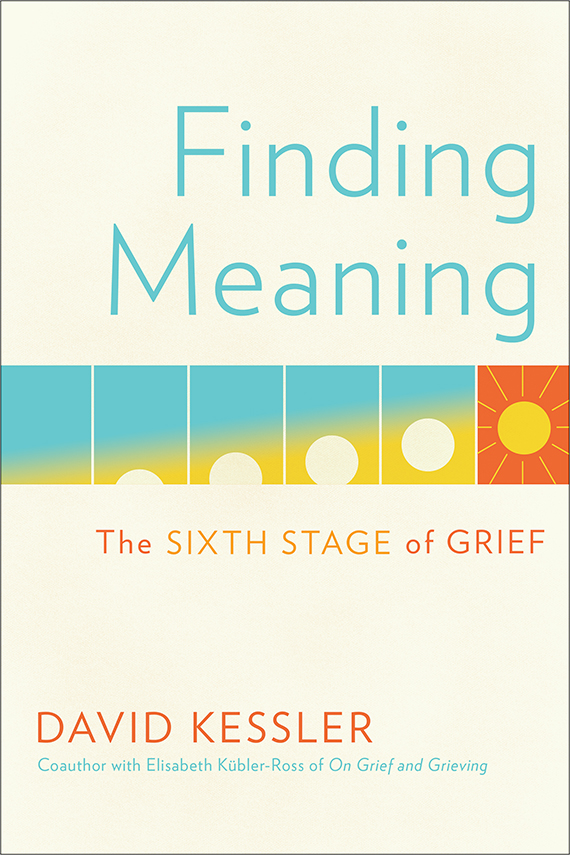
Finding Meaning: The Sixth Stage of Grief
David Kessler
Kessler is the renowned author, with Elisabeth Kübler-Ross, of 2005's seminal On Grief and Grieving: Finding Meaning of Grief Through the Five Stages of Loss and a top expert on grief — a painful subject that Kessler approaches with compassion and intelligence in his new guide to healing during this theoretically sixth and last stage of grieving: meaning. It's also a very personal book: Kessler includes his heartbreaking story of mourning the 2016 death of his son David, at age 21.































































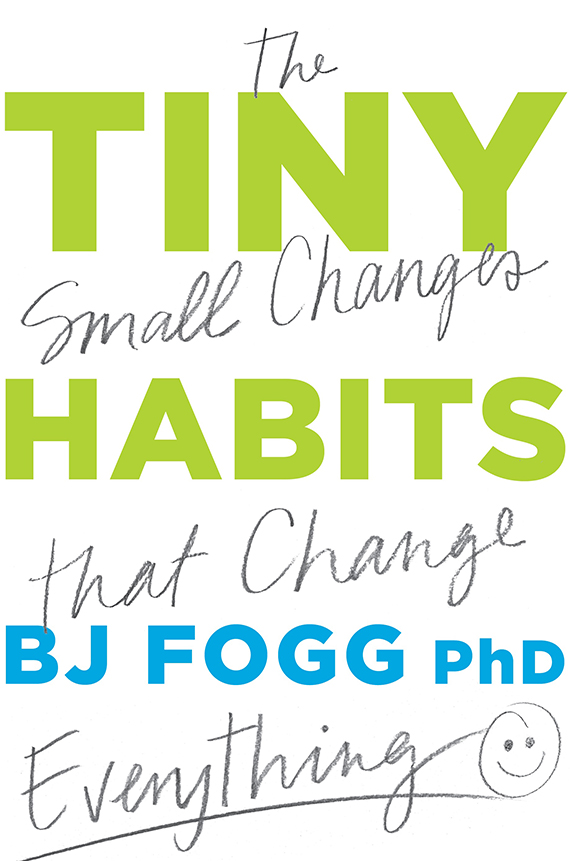


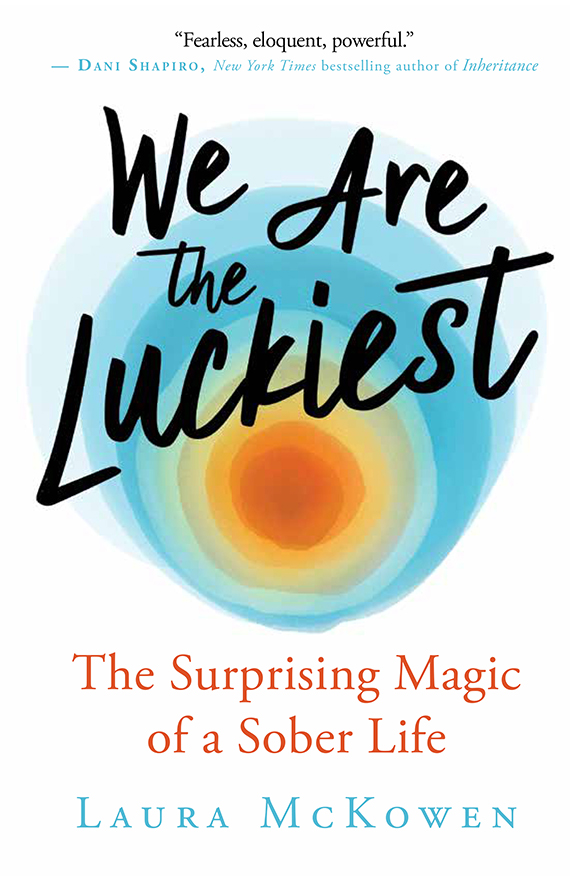
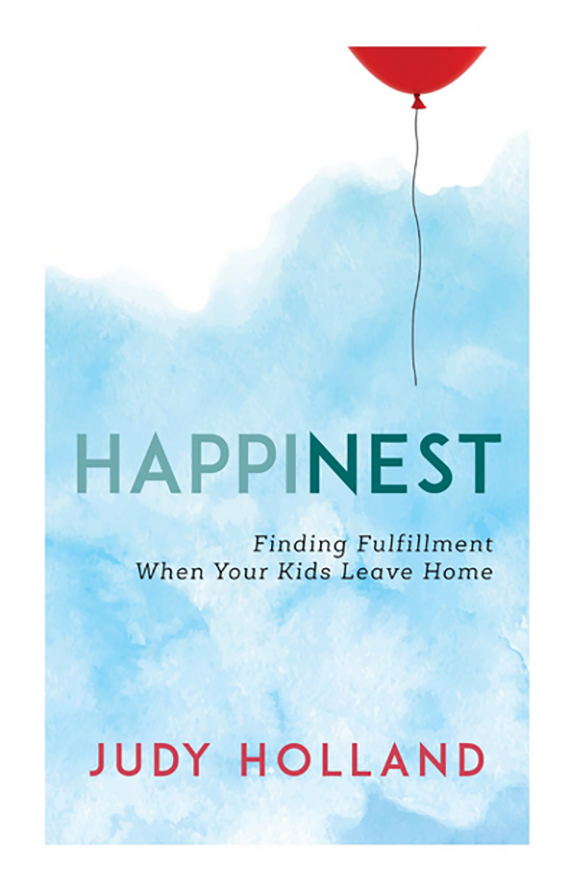
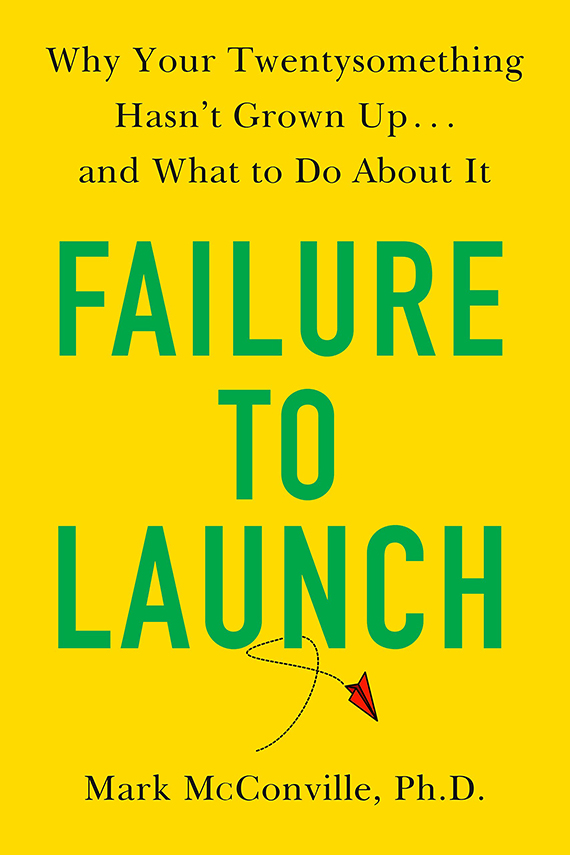
More on entertainment
Tasty New Cookbooks
Add to your collection or wrap one up for your favorite foodieAARP Bookstore
Find e-books, print books and free downloads on health, food, technology and more